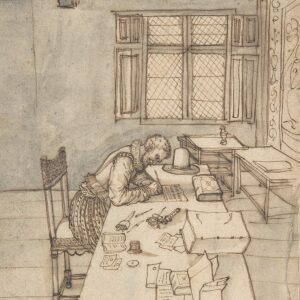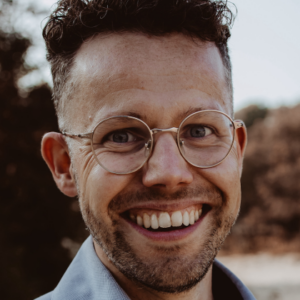

How much can we learn about the past by telling the story of a single person, place, object, or event? For example, what can the inquisition of an Italian miller tell us about religious belief during the era of the Reformation? What does the gruesome massacre of cats in eighteenth-century Paris reveal about popular attitudes towards sexuality, animals, and work? And what might the focus on a slave ship tell us about the experience of enslaved Africans? Since the 1970s, historians have written so-called ‘microhistories’ to better understand or even contest grand historical narratives regarding, for instance, the Reformation, Enlightenment, or globalization. By narrowing their focus to magnify the small, the particular, and the local, these scholars have shown that studies of seemingly inconsequential subjects can have a major impact on our understanding of history.
The aim of this course is to examine some of these microhistories as well as the extensive scholarship that has justified and critiqued this approach. Each week, we will discuss literature that explicitly reflects on the genre and themes of microhistory, and we’ll apply these insights to a particular microhistory. Besides such classics as Natalie Zemon Davis’ The Return of Martin Guerre, we will also examine recent innovative works of ‘global microhistory’, ‘object biography’, and ‘life writing’. Our primary focus will be on the early modern world, but we will also discuss modern topics, and you’re welcome to write your final essay on any time period. By the end of this course, you will have explored the sorts of topics, methodologies, and primary sources that could serve as a basis for a successful MA thesis.
Indicative programme
- Session 1. Friday 7 november 2025 – Introduction: What is Microhistory?
Location: Drift 25 – 302 - Session 2. Friday 21 november 2025 – Individuals and Life-Writing
Location: Bolognalaan 101 – 1.049 - Session 3. Friday 5 december 2025 – Global Microhistory
Location: Drift 25 – 002 - Session 4. Friday 19 december 2025 – Object Biography
Location: Drift 25 – 002
Assessment and assignments
- General preparation. Students read the assigned literature prior to class. Students are expected to actively participate in group discussions.
- Assignments. The course concludes with a final essay that foregrounds microhistorical analysis and reflection. To prepare for this essay and receive valuable feedback, students hand in two assignments during the course: 1) a research proposal (ungraded, due for session 2); and 2) a source analysis of 500 words (30% of the final grade, due for session 3).
- Final essay. The course is assessed through a final essay of max. 4,000 words, due in January 2026. The essay takes the form of a microhistory using one or more primary sources selected by the student, but should also reflect on the genre and approaches within the field of microhistory. The essay counts towards 70% of the final grade.
Note: prospective members who have not yet been registered by their university can already sign up for courses.
Please make sure to mention this in the registration form.
Register (0/28 spaces left)
This course is fully booked. For a spot on the waiting list, contact [email protected]
